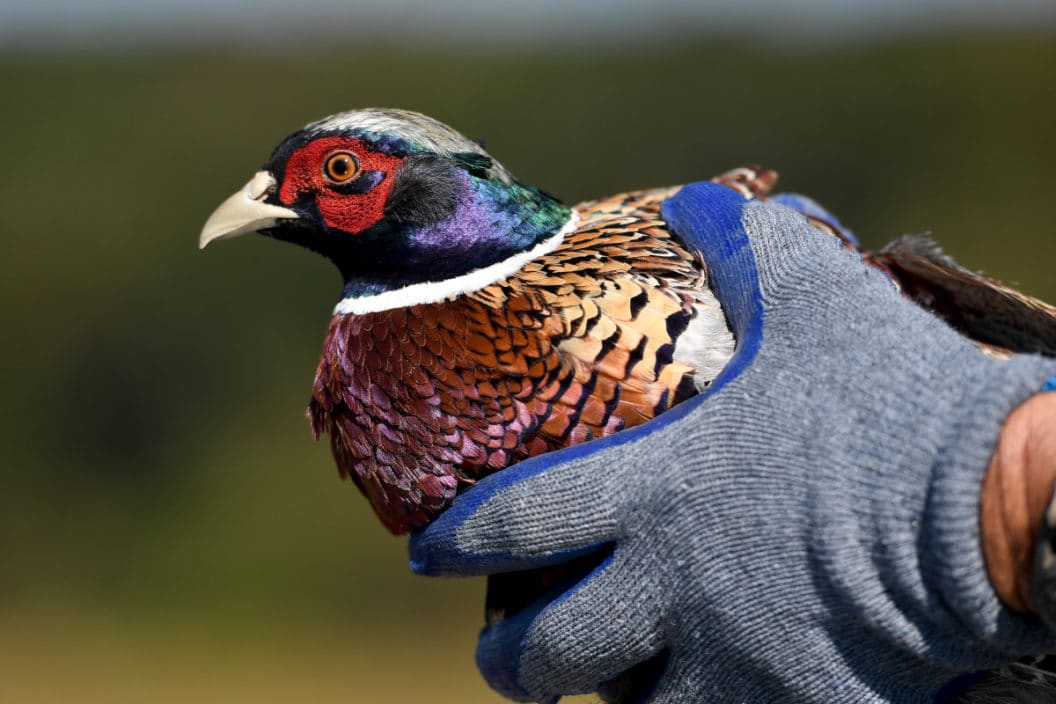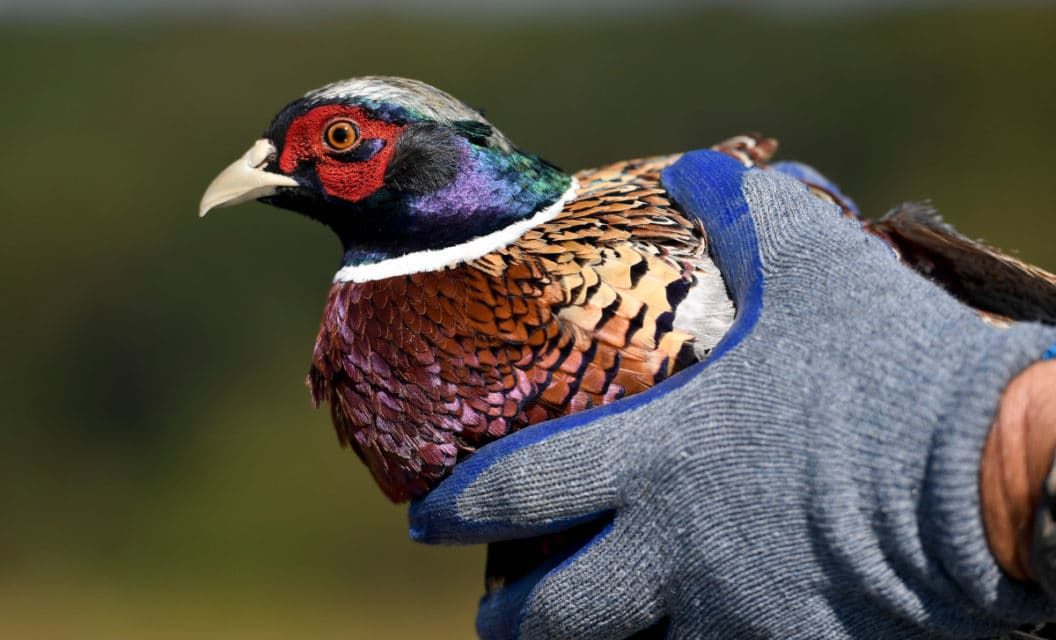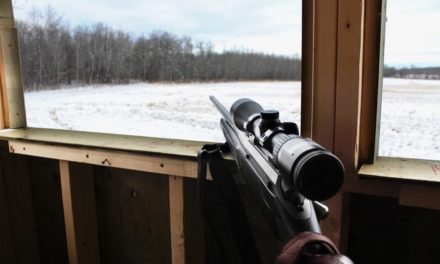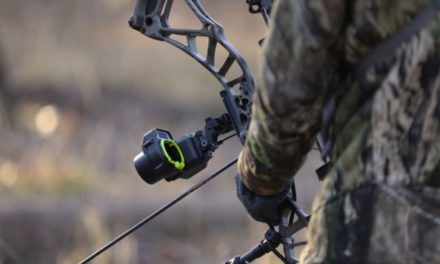
Texas unearths its first recorded instance of avian influenza in pheasants.
Officials in Texas are warning the public to be on the lookout for signs of avian influenza after a case of the disease was detected in a commercial flock of pheasants in Erath County.
The Texas Farm Bureau announced the discovery in a press release on their website. They are now working with the Texas Animal Health Commission (TACH) and the U.S. Department of Agriculture (USDA) to further investigate the matter.
The farm bureau reports owners of the flock noticed a marked increase in bird deaths, leading to samples being tested by Texas A&M and the National Veterinary Services Laboratories in Iowa where the diagnosis was confirmed.
Highly pathogenic avian influenza (or HPAI for short) is a naturally occurring disease. According to the Centers for Disease Control and Prevention, most individuals affected show few symptoms of being sick, although the disease is highly contagious. It also has extremely high mortality rates.
While HPAI spreads quickly in birds, it’s not considered a health risk to humans.
The main concern is now about making sure this outbreak stays contained. Authorities euthanized all birds on the property where the discovery was made as a precaution. The different organizations investigating the outbreak are following protocols for carcass disposal and cleaning of the facility where the disease was discovered.
The Texas Farm Bureau notes the next step is for state and federal agencies to start surveillance and testing in surrounding areas to make sure the disease didn’t spread to wild birds or other farms. Even owners of small backyard chicken coops or other birds are being asked to keep a close eye on their flocks. They ask that any increases in deaths or birds that appear sick be reported either to the TACH or the USDA. They also ask anyone keeping domestic fowl to prevent their birds from having any contact with wild birds. The disease spreads easily through direct contact with infected animals, but also saliva and feces.
The TAHC also cautions farmers on their website to be cognizant when visiting other farms or facilities where poultry or other birds might be present. Surfaces can be contaminated by the virus and carried to a new area. They recommend vehicles, clothing, and footwear are cleaned after visiting a facility with poultry, because these things have been shown to transmit the disease to new areas in the past.
For more outdoor content from Travis Smola, be sure to follow him on Twitter and Instagram For original videos, check out his Geocaching and Outdoors with Travis YouTube channels.
READ MORE: PHEASANT HUNTING: THE INS AND OUTS FOR THE UNINITIATED
The post Avian Influenza Detected in Texas Pheasants for the First Time Ever appeared first on Wide Open Spaces.
















